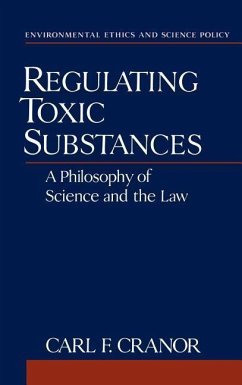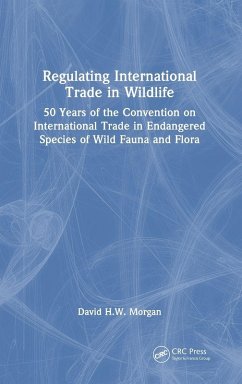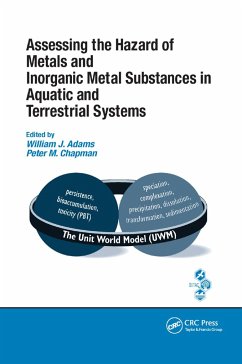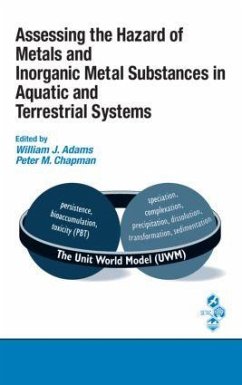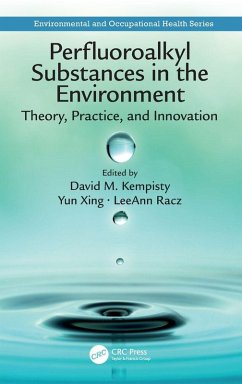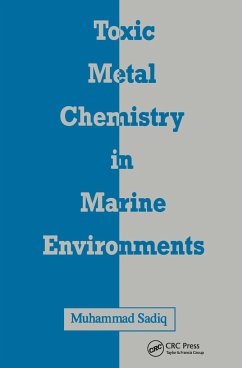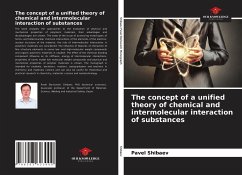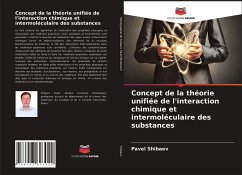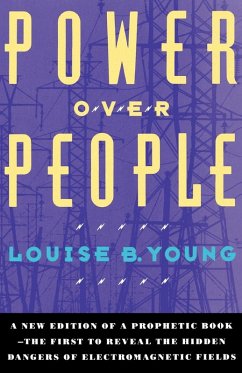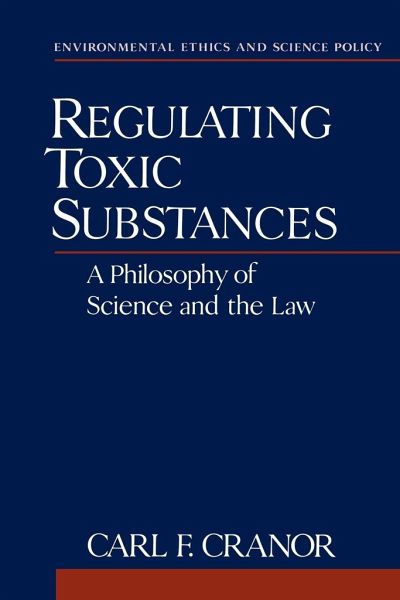
Regulating Toxic Substances
A Philosophy of Science and the Law
Versandkostenfrei!
Versandfertig in 1-2 Wochen
102,99 €
inkl. MwSt.
Weitere Ausgaben:

PAYBACK Punkte
51 °P sammeln!
The author of this text argues that the scientific and statistical criteria usually used to determine whether substances are toxic are too rigorous and time-consuming for evidentiary purposes in tort cases and for regulation. This results in the under-regulation of toxic substances and the under-compensation of plaintiffs in tort cases. Cranor proposes that the evidential standards now used should be evaluated with the purposes of the law in mind. The choice of standards is, in effect, a choice between economic costs to society and health costs to individuals. Cranor argues persuasively that justice requires that priority be given to avoiding the latter.
Toxic substances, such as carcinogens, pose threats to human health and well-being. Whether such threats are substantial and our response to them if they are present major scientific and philosophical issues. Yet such substances pose special problems. They are invisible, typically undetectable intruders that can harm us in ways we might not discover for years.





